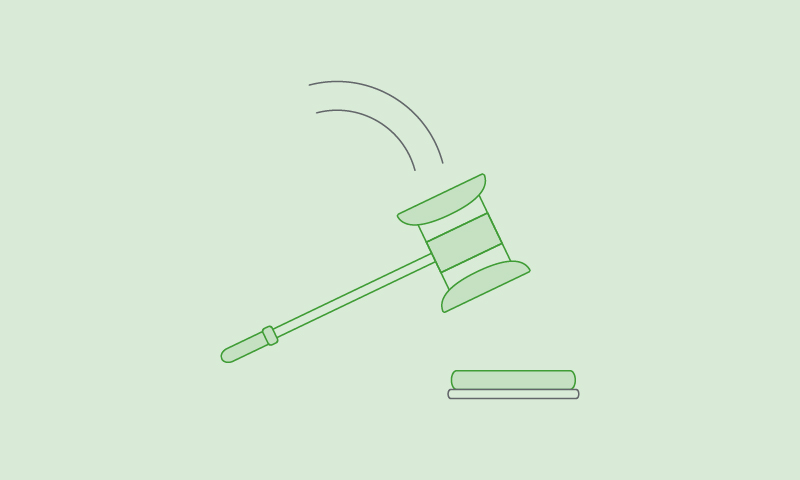04 October 2022
Documents which have legal advice privilege do not need to be disclosed in a later claim. The Employment Appeal Tribunal (EAT) has now decided that a document needs to have privilege when it is prepared for that privilege to apply. Sending a non legally-privileged document after its preparation to a lawyer for legal advice will not give that document any protection from disclosure.
Legal advice privilege applies to communications (whether written or oral) that have been made between a client and a lawyer in confidence for the purpose of giving or obtaining legal advice or assistance. Litigation privilege applies to confidential communications (written or oral) between a client and its lawyer (or either a client or its lawyer and a third party) created for the dominant purpose of adversarial proceedings that are either pending, reasonably contemplated or existing at the time of the communication. Litigation privilege is often not available for internal investigation material, causing the focus to be on the application of legal advice privilege.
Employers often ask their lawyers to review and advise on draft grievance and disciplinary investigation reports before they issue them to the subject employee. The contents of these reports can be critical to the success of an employer’s defence to any later claim by that employee. Legal advice may be sought on fairness, process, legal compliance and the allied claim risks. Changes to these draft reports are regularly made by lawyers.
In this recent case, the EAT considered whether a draft grievance investigation report prepared by the employer’s internal investigator and then later reviewed by external lawyers, could subsequently become protected by legal advice privilege.
The EAT decided the original report did not attract legal advice privilege and that sending the report for legal advice later did not mean that privilege could be applied to the original report retrospectively. This was the case even if an incidental consequence of the disclosure of the original (unprivileged) report meant that comparison with the later amended version could enable inferences to be drawn about the legal advice that the employer was given.
The original report was not created for the dominant purpose of obtaining legal advice but as part of an investigative response to a grievance brought under an internal policy and so legal advice privilege could not apply to it.
Therefore, an employer who intends to obtain legal advice in a grievance or disciplinary investigation, should involve their lawyers to provide advice in the investigation to a defined client group of individuals as early as possible. Where lawyers are consulted on the process for the investigation and their advice is sought on the evidence prior to the investigator preparing the report, it is more likely that the first draft report will be correctly drafted with that prior legal advice in mind. Then it may be that, even where the report wording is later changed by the employer’s lawyers, the original draft (which may be disclosable in future legal proceedings) is unlikely to be materially different from the original report. It is therefore less likely to impact any defence relied on.
If you are an employer requiring legal advice on a disciplinary or grievance process, please contact Jennifer Mansoor.









